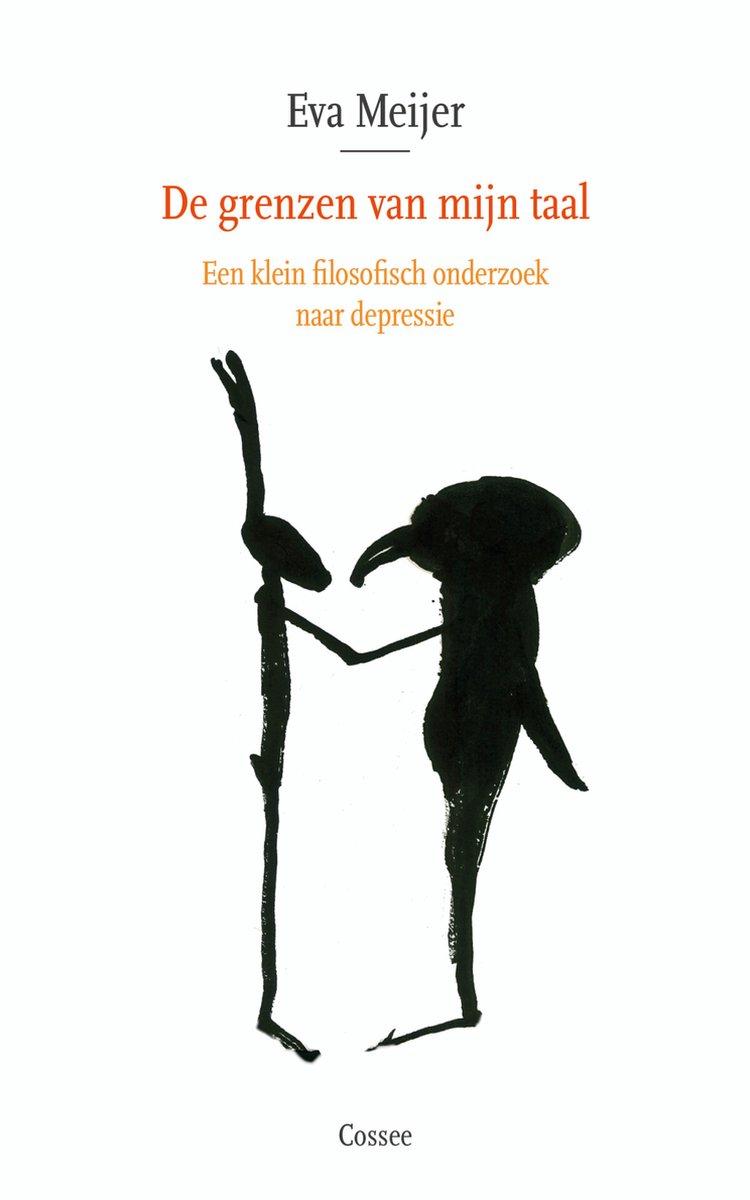The Limits of My Language
Much has been written about the treatment of depression, less about its meaning. Depression is more than just a problem of brain chemistry, the questions posed by the depressed person are fundamental. In 'The Limits of My Language', author and philosopher Eva Meijer uses her own experiences as raw material to map the phenomenon. Calling on philosophers like Wittgenstein, Derrida and Foucault, she delves into what they each have to say about communication, loneliness and insanity.

Language shapes us and sometimes we can re-shape ourselves through conversation with others. Meijer describes depression beautifully as a condition in which one’s relationship with the world and with oneself disappears, the connection is lost. If there is no connection, conversation becomes useless. Time falls away too: in a depression, the sufferer is cut off from present, past and future.
People with recurrent depression grow like crooked trees but their brains do not change their souls, argues Meijer. Her essay examines the truth about adolescents and existentialists, and the ideation of suicide. She discusses the usefulness of therapy and being admitted to a clinic. An important part of her story is discovering sources of comfort. Merleau-Ponty argued that thinking is embodied, that the body is made up of everything you experience. This creates difficulties, but it also provides opportunities. Meijer finds some solutions in the body: movement helps, especially walking, because it makes you realise that you occupy a place in the world, thereby helping to restore a connection.
Though Meijer is not opposed to anti-depressants, they do not offer a complete solution. Pills can eliminate a kind of paralysis, which is useful, but depression endured has value. You can learn to put it in perspective (it passes) and to ‘live around it’. Art can be employed as a weapon against meaninglessness. Comfort can be found in silence, cats and winter trees. Ultimately, The Limits of My Language is a quest for what gives meaning to our lives. Meijer does not offer a panacea, but a very realistic view of the problem.
This is Eva Meijer at her best: the poetic power of her novels is combined with the analytical acuity of her non-fiction work. Her argument is sensitive, investigative, informative and provides insights into what it actually feels like to endure a depression.
A brave, original, ground-breaking and exceptionally well-written and accessible essay.
Trouw (on 'The Soldier was a Dolphin')
This dissertation is highly original, internatio- nally significant and well written. The book goes beyond a case by reframing habitual language in a way that will appeal to non-specialists. The book shows the daring and flair of its writer. It tickles us, bites and barks at us, and there is an exceptional balance between the creative and the analytical.
The Research Prize Jury Report (on 'Political Animal Voices')
